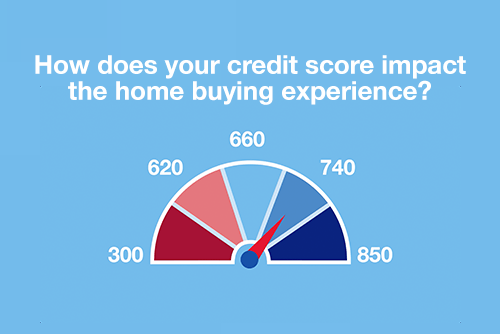Borrowing money is a big step for business owners. Evaluating your goals and specific needs can help you decide if a loan or line of credit is right for your business.
If you’re a business owner, you may be used to exhausting your personal funds like your credit card balance to grow your business. But there may be other options, particularly if you’ve been in business for a few years. Whether you want to expand your operations or improve your business’s cash flow, taking out a small business loan or line of credit could help.
“A lot of entrepreneurs can be reluctant to use credit,” says Kaylyn Houston, business banking client manager at U.S. Bank. But business owners who see growth on the horizon can often benefit from a business loan or line of credit.
“When you’re thinking about how you’re going to take your business to the next level, you should think about getting a business loan,” Houston says. “Maybe you’re buying a bigger piece of equipment so you can produce more products, or you’re thinking about getting a company automobile or hiring new employees. Those types of situations should trigger a conversation with your banker about taking on a loan.”
Thinking ahead
Even if you don’t have immediate equipment or cash flow needs, you may want to consider a line of credit as a way to help build your business. Houston says, unfortunately, often times when businesses need a loan, they’re in a situation where they don’t qualify. Because of this, Houston encourages business owners to consider applying for a business line of credit, which allows for flexible borrowing, before they need it.
As needs arise, you can draw on a line of credit and pay interest only on the amount you borrow. While many businesses prefer to operate debt-free, pursuing a line of credit can be a prudent strategy, since it can help you out down the road. “I always like to say that if you’re in a good place as a business owner and you’re running smoothly, that’s probably the time to get a line of credit,” Houston explains.
Cash flow considerations
“In the business world, cash flow is king,” Houston says. Perhaps that’s one reason the most common type of business loan is a working capital loan — otherwise known as a cash flow injection.
Perhaps your vendor payments are due on the 15th of every month, but your clients don’t pay you until the 30th. You may be able to ease some of the pressure by taking out a working capital loan to help you pay your expenses on time. Money from a working capital loan can also be used for other operating expenses depending on your needs, from payroll to rent.
Using a loan to fund growth
Equipment loans are another popular choice for businesses seeking to expand their operations. Say you own a landscaping business and you want to add a new truck to your fleet or upgrade your lawn care equipment. An equipment loan may help you cover those costs. Equipment loans can also help with less intuitive purchases — if you’re seeking to boost employee engagement by remodeling your office, an equipment loan could help you buy chairs, tables, desks and to upgrade computer hardware and software. Similarly, if your business is involved in manufacturing, you can take out a loan for supplies.
In one case, Houston helped a ceramics maker secure an equipment loan for a new kiln. “She couldn’t meet demand with the small kiln she had. I helped her secure a loan for a larger kiln that would glaze and harden her ceramics faster.” Houston says that loan helped the owner meet demand and position her business for future growth.
Repayment considerations
Many business owners are worried about adding debt to their balance sheets or budgeting for repayment. Some businesses are seasonal and have income that varies month to month. Others worry business will slow just as they’ve made a big investment.
Houston says the good news is most bankers have experience with myriad business types, structures and situations. Depending on your specific needs, your banker can recommend a loan structure and terms that work for you. “We’re flexible in terms of payback, whether that’s a smaller payment each month, or a larger payment and getting it paid off as soon as possible,” Houston says. She’s even helped clients arrange seasonal repayment schedules.
Next steps
You can get a head start on those conversations by compiling useful documentation ahead of time such as:
- One to two years of business tax returns
- One to two years of personal tax returns
- Personal financial statement, i.e., a breakdown of your personal assets and liabilities
- A summary of business debts and income
Learn more about business loans or talk to a business banker about the business loan that’s right for you.




























































































